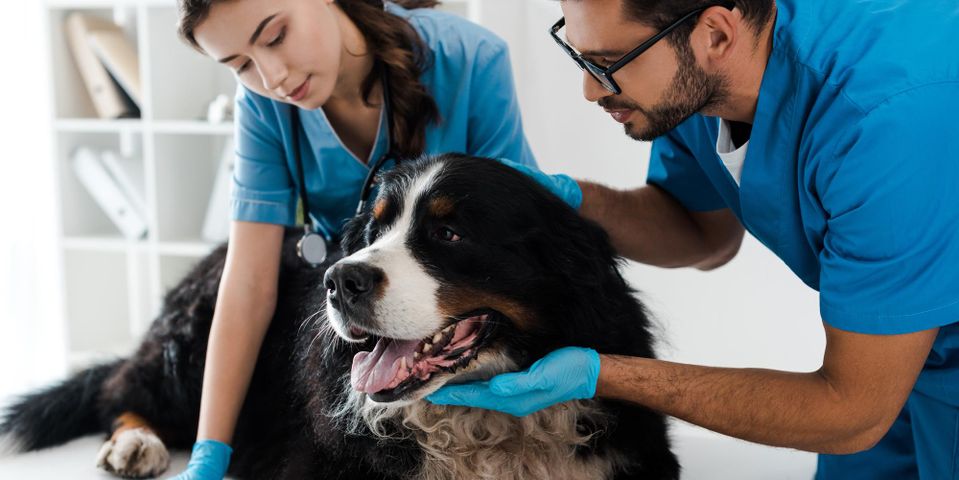
Just as with humans, dogs require ample physical activity and a nutritious diet to stay healthy and reduce the risk of disease. In particular, obesity caused by a sedentary lifestyle and poor nutrition is a major risk factor for canine diabetes. While your veterinarian can discuss your dog’s risk for the condition during an appointment, here are some facts to know to prepare for an informed conversation.
What Is Canine Diabetes?
Diabetes is similar in canines and humans. When the body fails to manage glucose as effectively as it should, sugar gets stored in the blood instead of being transported to the cells for energy. This can occur because the body isn’t producing ample insulin or because the body no longer uses insulin properly.
In addition to obesity, risk factors for canine diabetes include age, as most dogs develop it after turning five. Preexisting health conditions, such as autoimmune conditions, pancreatitis, and Cushing’s disease, can also contribute. Certain breeds, including miniature poodles, pugs, dachshunds, and beagles, are also more susceptible.
What Are Its Symptoms?
In its early stages, canine diabetes may produce symptoms such as increased thirst and urination. The dog may also experience inexplicable weight loss despite eating the same amount of food. They may appear hungrier than normal.
Should the condition go untreated, lack of energy, vomiting, and appetite loss may occur. Unmanaged diabetes can also have serious body-wide complications, including seizures, kidney failure, cataracts, liver enlargement, and ketoacidosis, a life-threatening condition marked by fatigue and rapid breathing. For this reason, have your dog see a veterinarian any time they display these or any other unfamiliar symptoms.
What Are the Treatment Options?
 While canine diabetes currently has no cure, it can be managed effectively. Depending on your dog’s condition, your veterinarian may recommend lifestyle tactics, such as diet and exercise, to improve insulin response. Most dogs also require daily insulin injections to manage diabetes effectively, which can be administered at home.
While canine diabetes currently has no cure, it can be managed effectively. Depending on your dog’s condition, your veterinarian may recommend lifestyle tactics, such as diet and exercise, to improve insulin response. Most dogs also require daily insulin injections to manage diabetes effectively, which can be administered at home.
Whether you think your pet could have an underlying health condition or they’re just due for an exam, turn to the team from A-4 Animal Hospital in Lincoln, NE, for all of your pet care needs. Led by dedicated veterinarians, this practice offers comprehensive care for dogs, cats, reptiles, birds, and exotic animals. Explore their full line of services, including house calls, by visiting their website. To schedule an appointment, call (402) 475-2282.
About the Business
Have a question? Ask the experts!
Send your question

